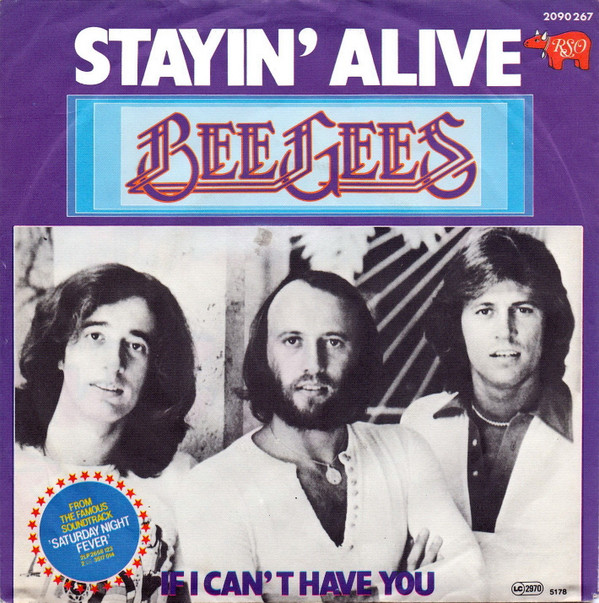
About the Song
Released in 1977, this soulful masterpiece quickly resonated with listeners across generations, securing its place as a cornerstone of the disco era and a testament to the enduring power of music to evoke profound feelings.
The Bee Gees, comprised of brothers Barry, Robin, and Maurice Gibb, were already renowned for their captivating harmonies and infectious rhythms. With “If I Can’t Have You,” they delved into a more melancholic territory, exploring the depths of unrequited love and the bittersweet ache of longing for someone unattainable.
From the opening notes, the song casts a spell, drawing the listener into a world of raw emotion. Barry Gibb’s lead vocals, imbued with a palpable sense of vulnerability and despair, paint a vivid picture of a heart torn between love’s persistence and the agonizing reality of separation. The lyrics, penned by the brothers themselves, express a sentiment that resonates universally: the desperate plea to hold onto a love that seems destined to slip away.
The song’s arrangement, a masterful blend of orchestral instrumentation and disco-infused rhythms, creates a backdrop that perfectly complements the emotional intensity of the vocals. The soaring strings and pulsating bassline intertwine, mirroring the internal conflict between hope and resignation.
As the song progresses, the listener becomes intimately acquainted with the protagonist’s emotional journey. Each verse reveals a new layer of vulnerability, each chorus a desperate cry for connection. The bridge, with its poignant repetition of the title phrase, serves as a cathartic release, allowing the listener to share in the protagonist’s sorrow and find solace in the universality of their experience.
“If I Can’t Have You” transcends the boundaries of time and genre, its message resonating with anyone who has ever experienced the complexities of love and loss. The Bee Gees’ masterful composition and heartfelt performance ensure that this ballad remains a cherished gem in the treasure trove of popular music, a reminder that even in the face of heartbreak, the human spirit’s capacity for love and longing endures.